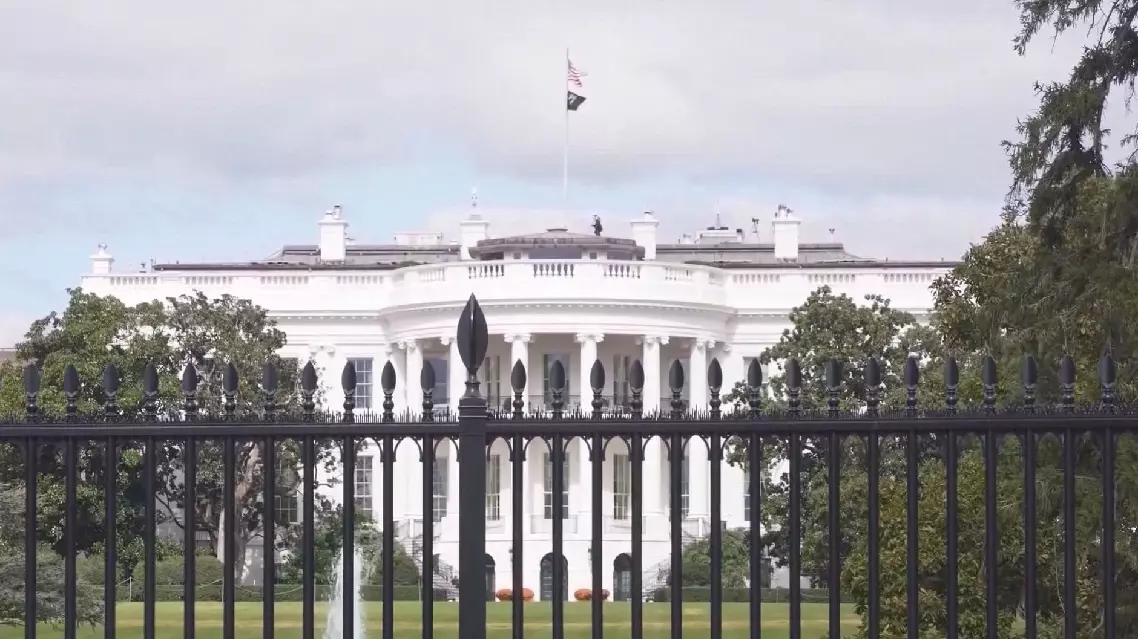China is building national data infrastructure to facilitate large-scale data sharing and utilization across sectors, aiming to unlock the economic potential of data and fuel future growth, according to the National Data Administration (NDA).
The country expects to complete the building of the main structure of the national data infrastructure by 2029, according to a new plan released on Monday.
Titled "Guidelines for National Data Infrastructure Construction," the plan was released by China's National Development and Reform Commission, National Data Administration, Ministry of Industry and Information Technology at a press conference held in Beijing on Monday.
"Through the integration and application of industry and regional data infrastructure, public data services can be promoted on a larger scale and in more areas," said Li Jianguo, deputy director of the NDA's Digital Technology and Infrastructure Construction Department.
The NDA estimates that every 10-percent increase in data flow can contribute to a 0.2-percent rise in GDP, with the contribution of data flow to profit growth across various industries averaged at about ten percent.
"We are building and operating the national data infrastructure to support large-scale data circulation and utilization across regions, industries, and enterprises. This will unlock the full value of data elements, leverage the advantages of massive datasets and diverse application scenarios, and empower the development of new quality productive forces and the construction of a digital China," said Du Wei, director of the NDA's Digital Technology and Infrastructure Construction Department.

China's national data infrastructure aims to facilitate large-scale data sharing
The universal "reciprocal tariffs" imposed by the United States signals a decline in the U.S. economic dominance and dollar hegemony, as the country is attempting to extract excessive financial benefits from its trading partners, according to economists, who warn the Trump administration is playing a "dangerous game".
U.S. President Donald Trump last week signed an executive order on the so-called "reciprocal tariffs," imposing a 10-percent "minimum baseline tariff" before unveiling higher rates on certain trading partners. The policy sent shockwaves throughout the global economy and triggered panic on financial markets, with analysts warning of significant risks and dire economic consequences.
In an interview with the China Global Television Network (CGTN), Hong Hao, chief economist of the GROW Investment Group, a Shanghai-based hedge fund, said the tariffs reflect Trump's strategy to extract economic benefits from trading partners, particularly viewing China as a significant competitor. "Trump really believes that the trade terms with the trading partners have been unfair to the U.S., and as a result, the U.S. manufacturing sector has been hollowed out. Therefore, the U.S. is paying an excessive price for globalization, and now, it's time to pay back. I think, from this angle, he is trying to extract economic rent from its trading partners, and also he is trying to see China as one of the major U.S. rivals at this juncture. So, I think, as a result, he is playing a very dangerous game. And, as you can see, it's political theater in the sense that he is trying to dramatize the extreme pressure, so that he can get excessive rent from the opponent," he said
Trump's unilateral imposition of tariffs has eroded global confidence in the U.S. and its dollar's status, leading many to state that the American hegemony may not persist, according to Josef Gregory Mahoney, a professor of politics and international relations at East China Normal University.
"The U.S. economy is at an inflection point. There is a moment where the previous strategies being used to sustain American hegemony were no longer working. And, it's only a matter of time before the U.S. position erodes, given the fact that it's been a house of cards built on the dollar supremacy. And a lot of people don't see that as having a brighter future. This has moved past the theater stage and has moved really directly into one in which no one really has confidence in the U.S. anymore. No one has confidence in the dollar. No one has confidence in the U.S. being committed to the multilateral system, to global trade and so forth and so on," he said.

Trump playing "dangerous game" as tariff measures signal decline in U.S. dollar hegemony: economists






















































